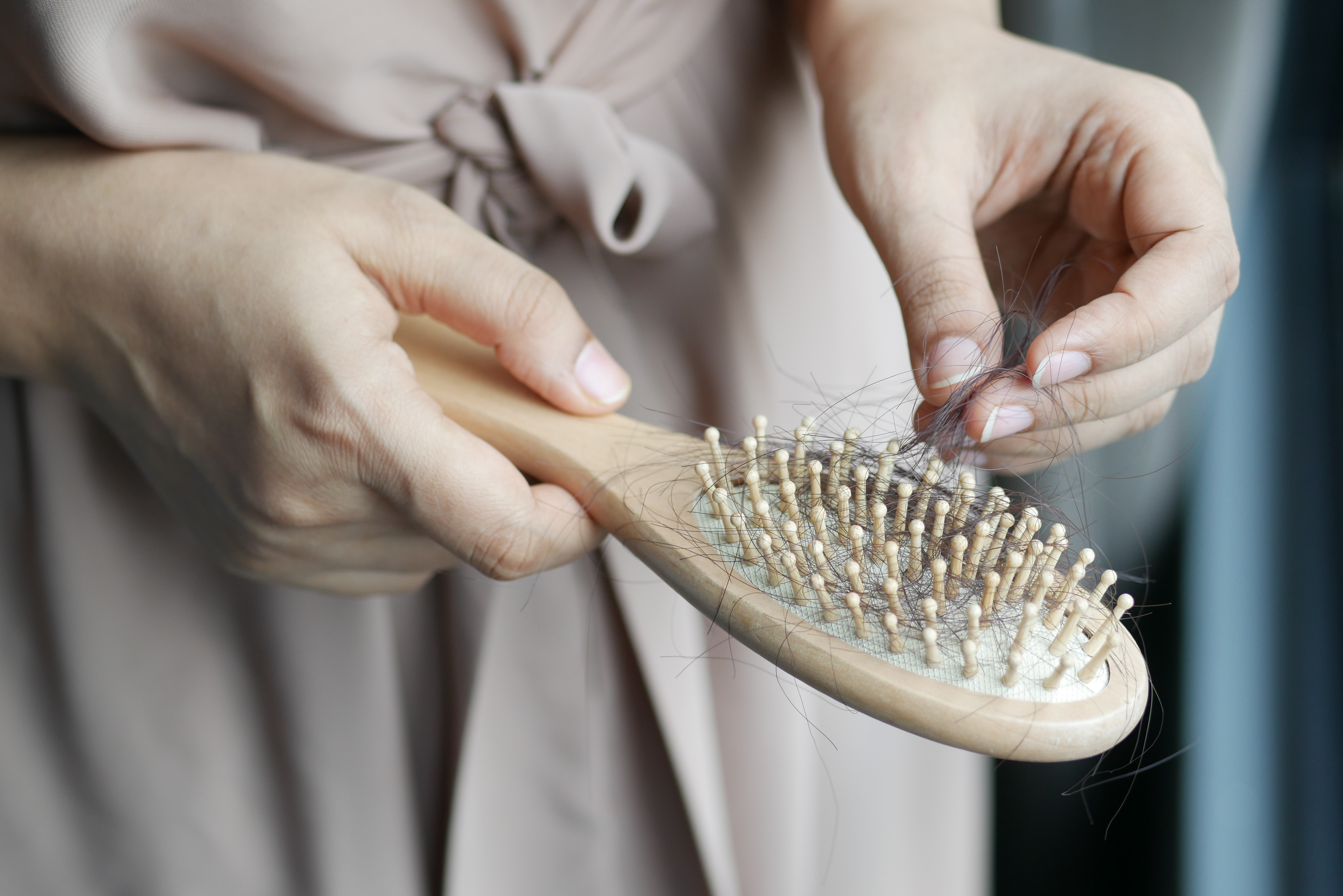
Be it onion juice, rosemary water, curry leaves, or fenugreek seeds, I’ve given every DIY remedy a shot in hopes that it would improve my hair. While some worked and others were a total bust, I delved into research again. Turns out, a lack of nutrients and vitamins doesn’t only negatively impact the skin, but the hair as well.
One such nutrient is Vitamin B12, commonly found in eggs, oily fish, and meat. And a while it’s also present in dairy products, not only am I a vegetarian but lactose intolerant as well. So my body lacked this vitamin and it only makes sense that my body lacked it and displayed it through my hair woes.
What Is Vitamin B12 & Why Does It Work?
As the name suggests, Vitamin B12 is part of a complex group of water-soluble vitamins. It aids metabolism, promotes the formation of red blood cells, and ensures the body functions correctly. It also regulates hydration and helps boost collagen production, which we know by now, has an abundance of beauty benefits.
A lack of oxygen to the roots of the hair, can hinder hair growth and lead to thin hair, bald patches, etc. Red blood cells help evenly distribute oxygen to the body, including the hair follicles.
Vitamin B12 also moisturises and conditions the hair from within. Think of it as you giving yourself a coconut oil champi to heal your dry ends – just that B12 does this from within.
It reduces skin inflammation on the scalp and promotes better scalp health. It also helps heal scalp infections and soothes irritation.
Vitamin B12 also helps manage the pH level of your scalp and ensures there is no production of excess oil.
A lack of Vitamin B12 in the body could also lead to anemia.
The Solution
Supplements! It’s the easiest way to ensure your body is not deprived of essential nutrients, without changing your diet too much. But before starting on supplements you must consult a doctor, to check if you actually need them.
I’ve started on Vitamin B12 supplements and can already witness results. Slow and steady!
Featured Image: instagram
